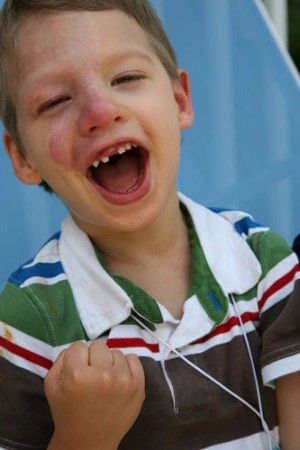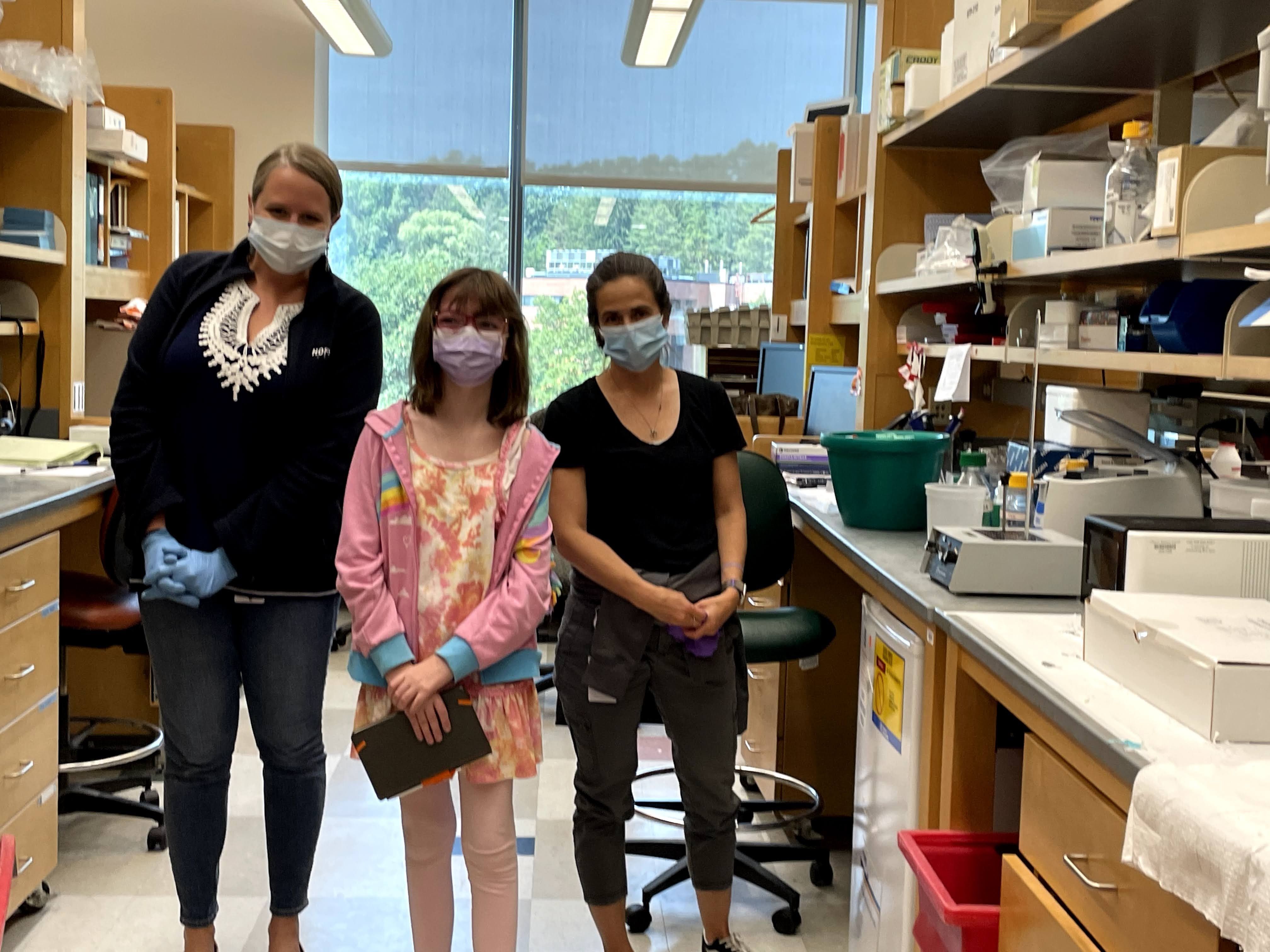
Although Sturge-Weber syndrome can be managed and the cause has been found, critical studies for underlying pathways are needed before therapies can be developed. Research for Sturge-Weber syndrome (as with all rare diseases) is often hampered by the lack of investigators interested in researching it or the unavailability of tissue samples or the difficulty to find clinical trial participants necessary to conduct a study.
CISCRP
The Center for Information & Study on Clinical Research Participation: The Education Center can help you learn about clinical research and what it means to be a clinical research volunteer.
Tissue Donation
Sturge-Weber Syndrome (SWS), and Klippel-Trenaunay (K-T), are just two of the perplexing medical mysteries whose answers will only be found with continued and dedicated research. For this reason, the brain and tissue banks were instituted with the expressed goal of advancing meaningful research. Click here for frequently asked questions. To register, please contact The University of Maryland Brain and Tissue Bank, at 1-800-847-1539 or http://www.medschool.umaryland.edu/btbank/family/.
Current Study Participants
Although Sturge-Weber syndrome can be managed, there is no cure. Research for Sturge-Weber syndrome (as with all rare diseases) is often hampered by the lack of investigators interested in researching it or the unavailability of tissue samples or the difficulty to find clinical trial participants necessary to conduct a study.
-
The NIH-funded clinical research study on brain imaging in patients with Sturge-Weber syndrome has entered its last year. The study team at Wayne State University in Detroit is still looking for several participants who are willing to undergo a non-invasive brain MRI and neurocognitive evaluation at no charge. Subjects with known SWS or high-risk port-wine birthmark (age 3 months - 30 years), and their healthy siblings (3-30 years of age) are potentially eligible for the study. Both new patients and those who participated in previous stages of this study could be enrolled. For further information, please contact Prof. Dr. Csaba Juhasz by email: csaba.juhasz@wayne.edu.
-
Download the flyer to learn more about this study by Wayne State University School of Medicine Children’s Hospital of Michigan, Detroit, and Prof. Csaba Juhasz MD, PhD







